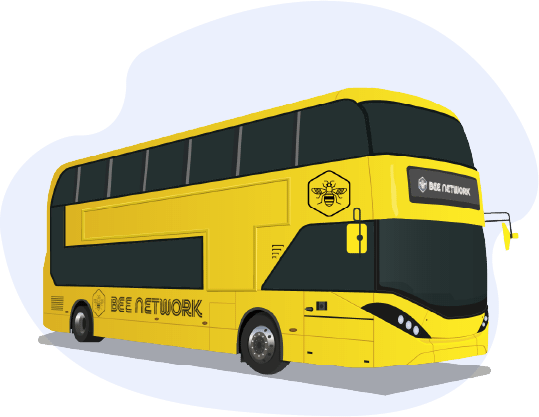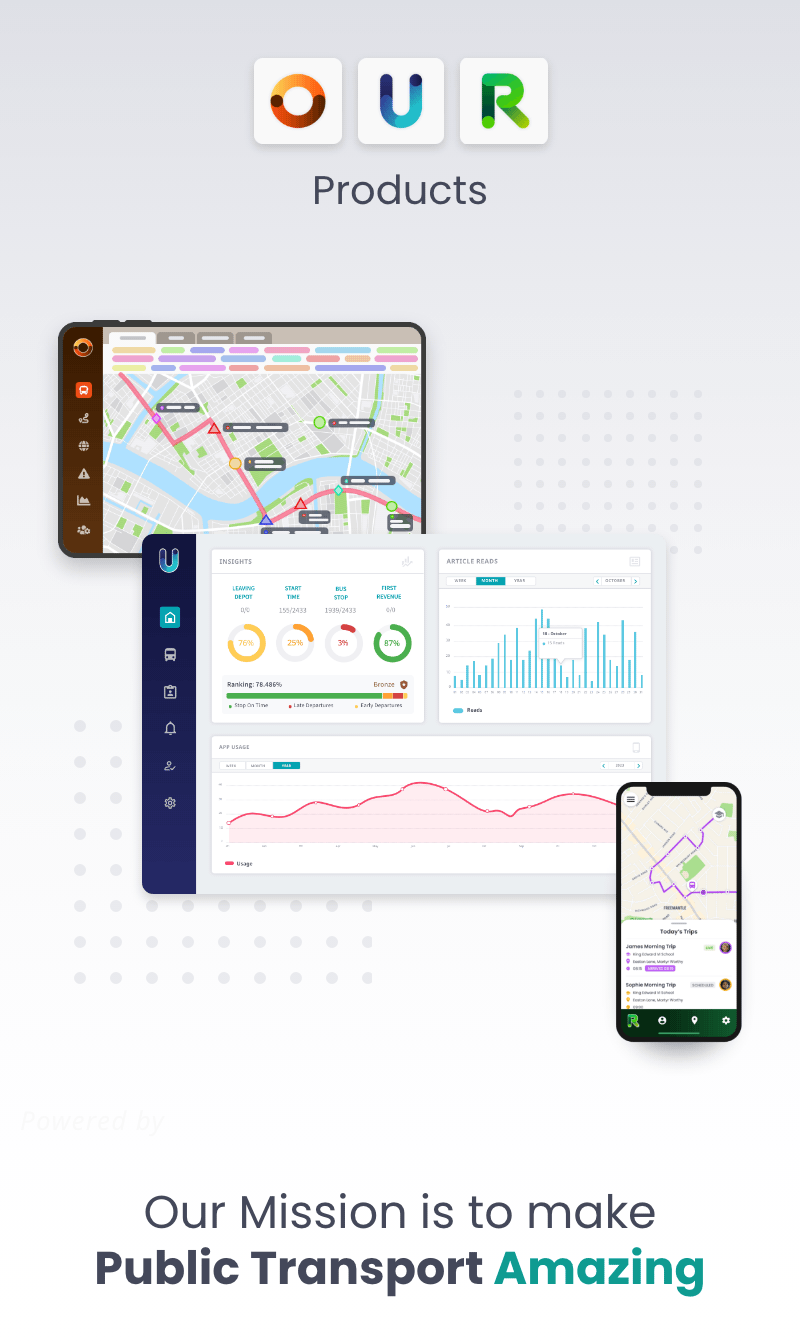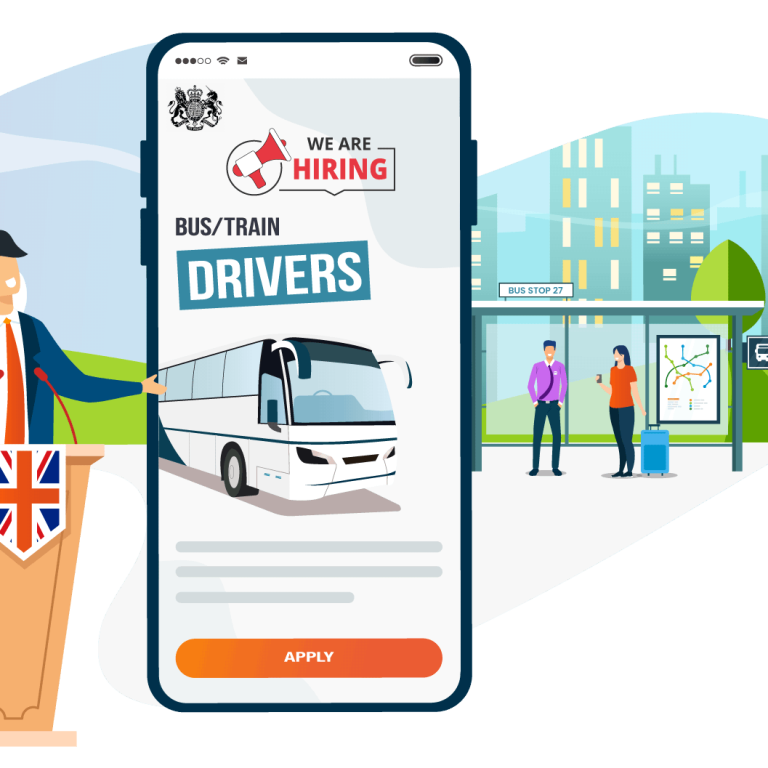I enjoyed reading an article recently in the Manchester Evening News asking the very fair question: has the Bee Network actually improved buses? To be fair, it’s a very good question, bearing in mind that this is the first proper franchising model that has been implemented since deregulation in 1986 – a mere 39 years ago, can you believe it?
Back in 2021, Andy Burnham, the current mayor and former candidate to be leader of the Labour Party, announced that he would implement a process to take on vehicles and depots, then establish a franchising system so that private bus companies would run the routes on Greater Manchester’s behalf. The first of several tranches of routes were to be in Bolton, Salford, and Wigan. And so it was that the now iconic yellow buses first saw the light of day in September 2023.
Next to implement the plan were Oldham, North Manchester, and Rochdale in March 2024. Then the final block to see yellow were Trafford, South Manchester, and Stockport. The plan also included the Metrolink network of trams. The mayor proudly announced that they could now offer a “London-style transport system that’s more reliable, cheaper, and easier to access, so that people can leave the car at home and hop on a bus, tram, or bike.”
All in all, a fair and noble aspiration for the good folk of Manchester and beyond, but now that the dust has settled, the Manchester Evening News went out and about on the streets and to the bus stations to talk to the actual bus users to see if Mr Burnham had actually delivered at the sharp end. As you might expect, opinion was divided. According to data from TfGM, the Bee Network buses are reportedly more punctual than the privately operated services, with an increase in passenger numbers and improved customer satisfaction. However, not all passengers shared this positive view. Some expressed dissatisfaction, citing issues such as unreliable services and buses frequently not operating, largely attributed to ongoing shortages of bus drivers.
Now, in fairness, some depots and networks did operate better than others for different reasons. Having managed bus depots and companies myself in the distant past, I do understand that congestion is often a key factor in bus services failing to operate on time, and there are encouraging plans to offer bus priority in the near future, which is outside of the bus companies’ control. However, there are other elements of the customer experience that bus companies can control. One passenger commented, “I think that they are much cleaner and up to date, and I think it is affordable too – £5.00 to go anywhere in Manchester. Before, when there were all different companies, it would cost between £6.00 and £7.00.”
Clearly a moot point, but it does beg the question: is offering cheaper fares a long-term sustainable option? Will taxpayers be happy to pay for this from their taxes? Well, no one has a crystal ball, so we will have to wait and see. However, with the soon-to-be-introduced tap-on/tap-off payment option, journey times could be sped up. Yet, without the holy grail of bus priority, growing passenger numbers will be a challenge. Although, to be fair, Transport Commissioner Vernon Everitt pointed out:
“We do have a programme designed to get more bus priority onto the road network. It includes putting bus priority orbitally around Greater Manchester as well as into and out of town centres. One of the big things that we have to get on top of is the actual journey time and journey time reliability.”
So, will there be light at the end of the tunnel, or will it be a bridge too far? Time will tell. We shall watch with great interest how the Bee flies.


Written by Austin Birks








